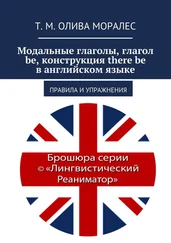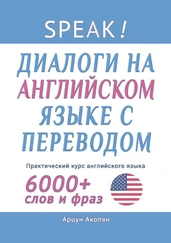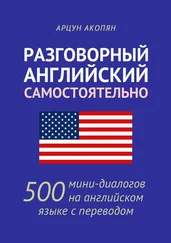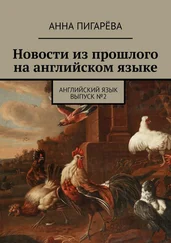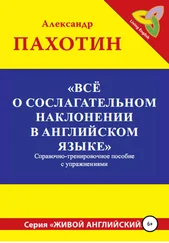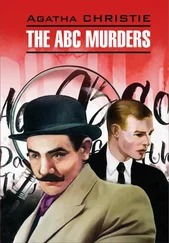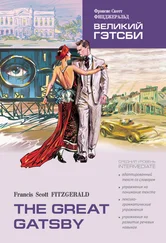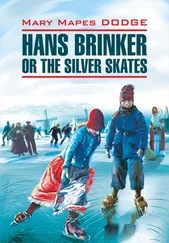Наталья Ильина
Загадки на английском языке
Общение на любом языке требует большого словарного запаса, который накапливается в течение нескольких лет. Отсюда следует, что изучать язык следует начинать с раннего детства. Это вызвало поиск новых приёмов, позволяющих детям эффективно и качественно, а главное с интересом изучать иностранные языки. Учитывая тот факт, что интерес является лучшим стимулом к обучению, необходимо стараться использовать каждую возможность, чтобы разгрузить ребёнка посредством игровой деятельности в процессе обучения языку.
Огромную роль в процессе изучения языка играют загадки. Они являются эффективным средством воздействия на повышение уровня мотивации изучения, повышения уровня знаний в лексике, грамматике, фонетике и так далее. Загадки требуют от ребенка сообразительности, поэтической выдумки. Загадки учат детей говорить ярко, образно.
Назначение загадки состоит в выработке у внимания к свойствам окружающего мира, пополнения словарного запаса детей, знакомства с лексическим значением слова, развития слуховой, а позднее зрительной памяти, выработки орфографической зоркости.
Расширяя кругозор детей, знакомя их с окружающим миром, развивая и обогащая речь, загадки имеют неоценимое значение в формировании способности к творчеству: логического мышления (способность к анализу, синтезу, сравнению, сопоставлению), элементов эвристического мышления (способность выдвигать гипотезы, ассоциативность, гибкость, критичность мышления). Процесс отгадывания, по мнению современных педагогов, является своеобразной гимнастикой, мобилизующей и тренирующей умственные силы ребенка.
Отгадывание загадок оттачивает и дисциплинирует ум, приучая детей к четкой логике, к рассуждению и доказательству. Отгадывание загадок можно рассматривать как процесс творческий, а саму загадку – как творческую задачу.
При обучении английскому языку очень часто загадки используются для передачи национально-культурного опыта и знаний, с дальнейшей реализацией полученного в процессе обучения.
Наш сборник сделает изучение английского языка увлекательным и творческим процессом.
We are we are we
Are we are we are we are
Many in our hill.
(Ants)
I spend all my time
Picking ants up with my tongue.
It is a busy life.
(Anteater)
I sleep by day,
I fly by night.
I have no feathers
To aid my flight.
(Bat)
A very pretty thing am I,
Fluttering in the pale-blue sky.
Delicate, fragile on the wing,
Indeed I am a pretty thing.
(Butterfly)
Wingless we went in,
But we emerged as fliers —
And oh, such colors!
(Butterfly)
I have no hatchet
And yet I fell a forest
My teeth are my tools
(Beaver)
Brown are their toes,
Striped are their clothes,
Tell me this riddle
And you can pull my nose.
(Bee)
Busy craftsmen in their homes
Cluster on the honeycombs.
(Bees)
Black, but not a raven,
Horned, but not a bull,
Six legs without hoofs,
Flying and buzzing all around,
Landing and digging in the ground.
(Beetle)
My first is in chocolate but not in ham,
My second is in cake and also in jam,
My third at tea-time is easily found,
My whole is a friend who is often around.
(Cat)
He is a boastful, puffed-up fellow,
Wearing spurs, eyes gleaming yellow.
As he proudly struts about
He is in charge, there is no doubt.
(Cockerel)
Four stiff-standers,
Four dillydanders,
Two hookers,
Two lookers,
And a flip-flap.
(Cow)
Eight were standing
Two were cracking
Two were looking.
(Crab)
Raucously we caw.
Your straw men do not fool us.
We burgle your corn.
(Crow)
My first is in window but not in pane,
My second is in road but not in lane,
My third is in oval but not in round,
My whole is known as a sign of peace,
And from Noah is Ark won quick release.
(Dove)
Old Mister Puddididdle
Played in the muddy puddle,
He had yellow socks and shoes
And a cap of greens and blues,
He was often in a muddle.
Now guess the riddle.
(Duck)
We are wrinkled hulks
With astonishing noses
Our ears block the sun.
(Elephant)
From nests in the clouds
We survey our dominion
With telescope eyes.
(Eagle)
Flip flop fleezy,
When it is in, it is easy.
But when it is out,
It flops all about.
Flip flop fleezy.
(Fish)
Alive without breath,
As cold as death,
Never thirsty, ever drinking,
All in mail never clinking.
(Fish)
Long legs
Short thighs
Bald head
And bullet eyes.
(Frog)
If I give a little clue
You will soon see what I mean,
Because my legs are long and thin,
Only one is often seen.
(Flamingo)
She is a long-necked animal.
Her name starts with G.
She stretches up high
To eat leaves from a tree.
(Giraffe)
My first is in dog but isn't in cat,
My second is in glove but not in hat,
My third is in flame but isn't in smoke,
My fourth is jester but not in joke.
My whole makes no fuss about what it will eat,
And is known to be nimble on its four feet.
(Goat)
What has:
Six legs, two heads,
Four ears, two hands,
But walks
On four feet?
(Horse and rider)
What always goes to bed with his shoes on?
(Horse)
A shoemaker makes shoes without leather
With all the four elements put together.
Fire and water, earth and air,
Every customer takes two pair.
(Horseshoe)
As I went over Lincoln Bridge,
I met Mister Rusticap,
Pins and needles on his back,
A-going to Thorny Fair.
(Hedgehog)
I, the hoverer,
Читать дальше

